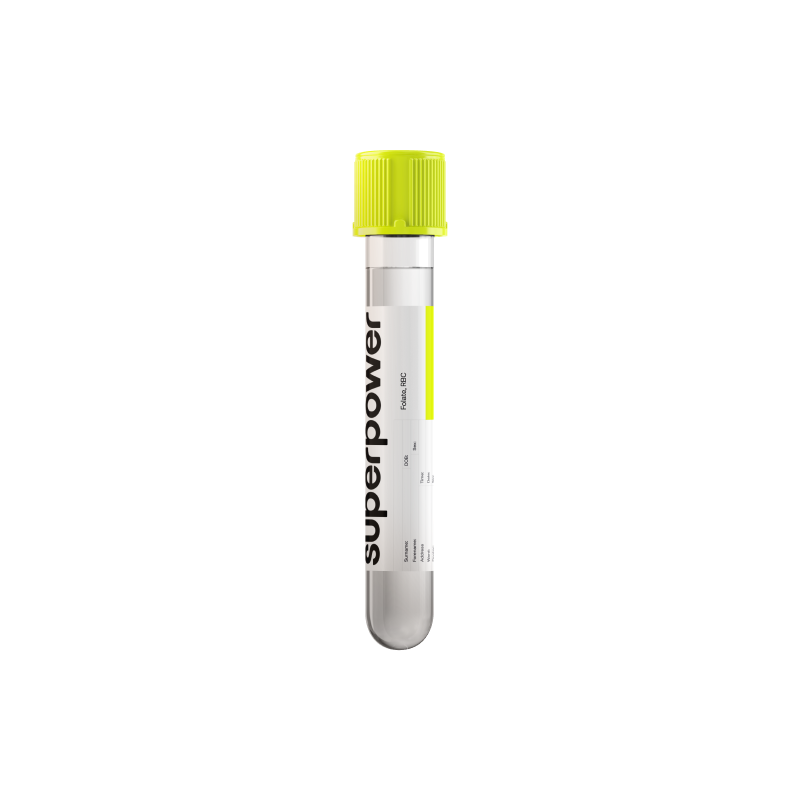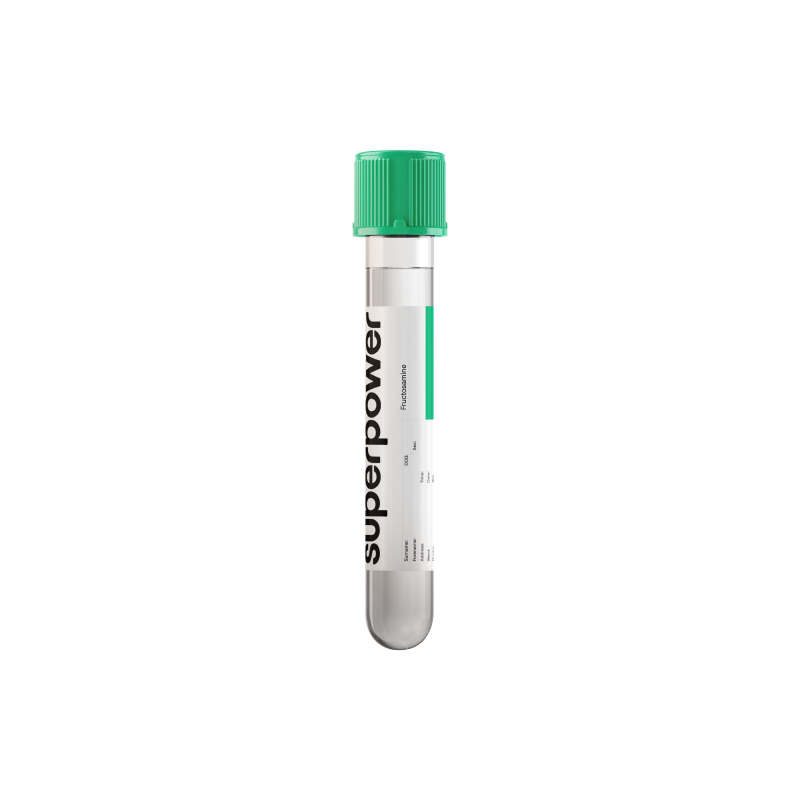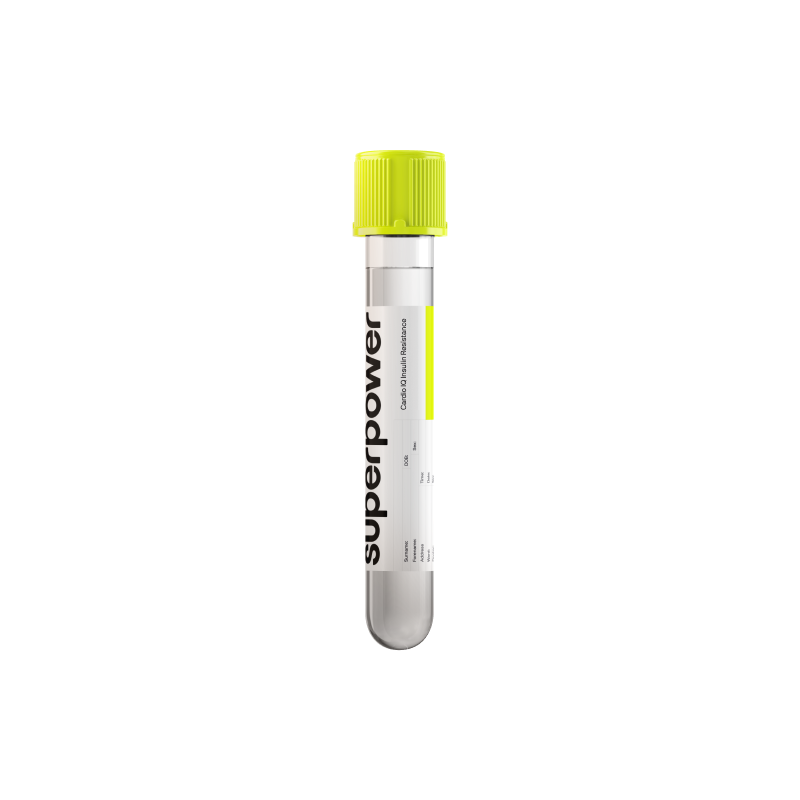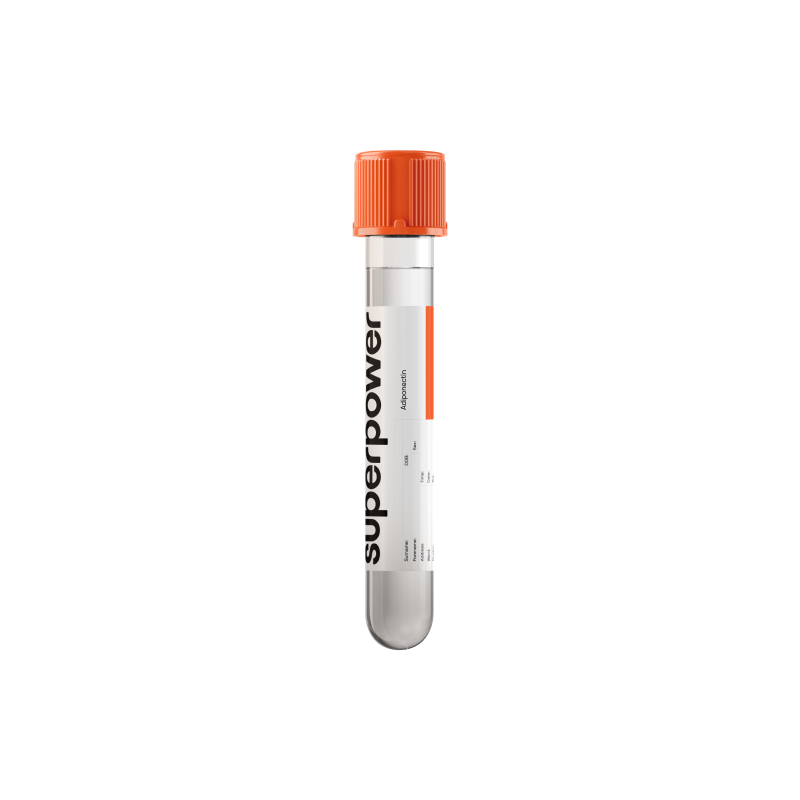Gain clarity on thyroid autoimmunity, energy metabolism, and reproductive health by identifying antibody activity before hormone changes appear.
Key Benefits
- Detect autoimmune attack on your thyroid, confirming Hashimoto’s or autoimmune-related hyperthyroidism.
- Spot risk for future hypothyroidism before TSH shifts by finding TPO positivity.
- Explain unexplained fatigue, weight gain, or cold intolerance by confirming thyroid autoimmunity.
- Guide treatment when TSH is borderline, especially in pregnancy or with symptoms.
- Protect fertility plans by flagging autoimmunity linked to miscarriage and IVF risks.
- Support healthy pregnancy by prompting closer TSH monitoring and timely treatment when needed.
- Flag risk for postpartum thyroiditis, guiding early checks after delivery.
- Clarify results when paired with TSH, free T4, and your symptoms.
What is Thyroid Peroxidase Antibodies (TPO)?
Thyroid peroxidase antibodies (anti‑TPO) are immune proteins made by B cells that target thyroid peroxidase (TPO), an enzyme found on the surface and within the follicles of thyroid cells. TPO’s normal job is to help the thyroid attach iodine to tyrosine and combine these building blocks to make thyroid hormones (iodination and coupling), so anti‑TPO are directed against a core thyroid enzyme. These antibodies circulate in the bloodstream and can bind to TPO in the thyroid gland.
Their significance is that they mark an immune reaction against the thyroid itself—an autoimmune response. When anti‑TPO are present, they indicate that the immune system is recognizing TPO as a target, which can trigger inflammation in the gland and may interfere with hormone production over time. In this way, anti‑TPO reflect thyroid autoimmunity rather than day‑to‑day thyroid function. They are commonly associated with autoimmune thyroid diseases such as Hashimoto’s thyroiditis and Graves’ disease and often appear before measurable changes in thyroid hormone levels, serving as an early signal of immune activity against the thyroid.
Why is Thyroid Peroxidase Antibodies (TPO) important?
Thyroid peroxidase antibodies (TPO Ab) reveal whether the immune system is targeting the thyroid’s enzyme for making thyroid hormone. Because thyroid hormone sets the pace for metabolism, brain function, cardiovascular tone, reproduction, and growth, TPO Ab sit at a crossroads between immunity and whole‑body energy regulation.
Most labs report TPO Ab as negative/undetectable or elevated; optimal values are near zero. People with undetectable or very low levels generally have immune tolerance to thyroid tissue. Physiology runs on thyroid hormone made without interference, so energy, temperature control, heart rhythm, mood, and fertility tend to be stable. In pregnancy, negative TPO Ab is reassuring for lower risks of miscarriage and postpartum thyroid shifts.
When values are elevated, they signal autoimmune thyroiditis—most often Hashimoto’s, sometimes present in Graves’ disease or postpartum thyroiditis. The immune attack inflames and scars the gland, commonly leading over time to hypothyroidism. Symptoms can include fatigue, cold intolerance, weight gain, constipation, dry skin, hair loss, heavy or irregular periods, and fertility challenges; children may show slowed growth and school difficulties. Early phases or postpartum thyroiditis can transiently speed the thyroid, with palpitations, anxiety, and heat sensitivity. Women are affected more than men, and positivity in pregnancy raises risks for miscarriage, preterm birth, and postpartum thyroid dysfunction.
Big picture: TPO Ab connects immune balance with endocrine output, cardiovascular risk (lipids and blood pressure), cognition and mood, bone and growth in youth, and reproductive health. It often precedes changes in TSH and T4, and clusters with other autoimmune conditions, marking long‑term risk for thyroid dysfunction.
What Insights Will I Get?
Thyroid peroxidase antibodies (TPOAb) measure immune reactivity against the thyroid enzyme that makes thyroid hormone. They are a marker of thyroid autoimmunity, which can disrupt energy production, metabolism, cardiovascular function, cognition, mood, menstrual cycles, fertility, and pregnancy outcomes.
Low values usually reflect intact immune tolerance to the thyroid with minimal risk of autoimmune injury. Thyroid hormone synthesis is typically steady, supporting normal energy, lipid balance, heart rhythm, cognition, and reproductive function. In women and older adults, low values still indicate lower risk than peers.
Being in range suggests antibody negativity and a quiet immune state around the thyroid, with low near-term risk of dysfunction. For antibodies, optimal generally sits at the negative/undetectable end rather than mid-range.
High values usually reflect thyroid-directed autoimmunity, most often Hashimoto’s and sometimes Graves disease. Even with normal TSH and T4, elevated TPOAb signals higher risk of future hypothyroidism, goiter, and postpartum thyroiditis. If output falls, expect slowed metabolism and energy, worsened lipids, bradycardia, constipation, cold intolerance, cognitive slowing, low mood, menstrual irregularities, subfertility, and pregnancy complications. Women are affected more, risk rises with age; titer magnitude and risk are related but imperfectly.
Notes: Interpretation depends on assay and cutoffs; titers vary modestly over time. Pregnancy often lowers measured levels yet positivity remains clinically relevant. Other autoimmune disease, family history, and drugs such as amiodarone, lithium, and interferons increase dysfunction risk when TPOAb is positive.

.avif)

.svg)



.png)
.png)
.png)
.png)








